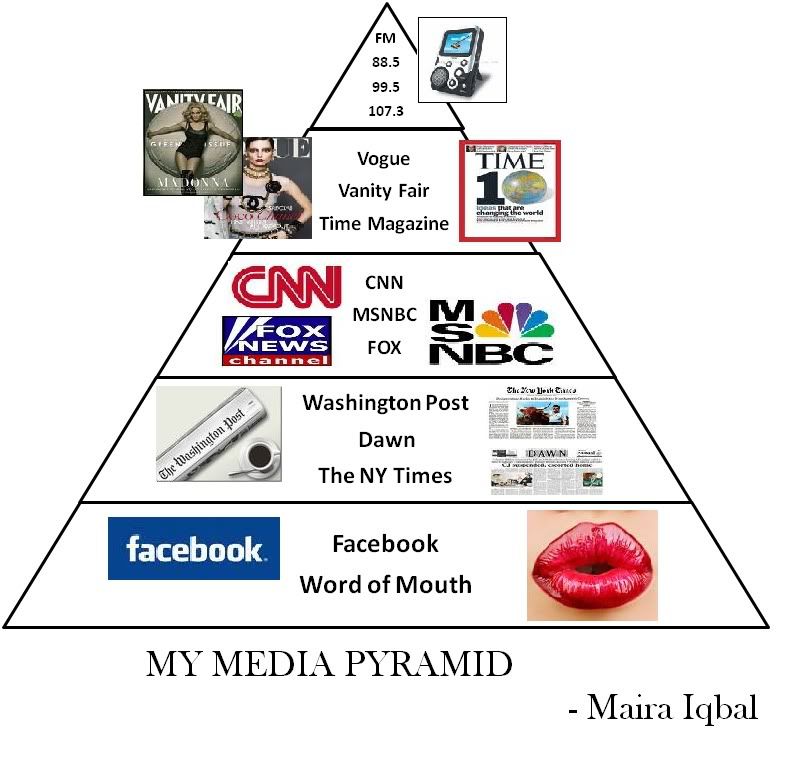Party Politics with Marjorie Hershey & Chuck Todd
Posted in Uncategorized on Apr 1st, 2010
Political wars, rusty strategies and the constant nagging between Democrats and Republicans might get a little out of hand at times. However, for centuries the political system in the United States o f America has worked this way and succeeded.
Chuck Todd, an MSNBC White House correspondent, and Marjorie Hershey, author of Party Politics in America, discussed the future of both parties, with participating students of George Mason University, Denver University, and the Pace University, as well as Steve Scully, the political editor for the C-SPAN networks.
The distance learning course produced by C-SPAN provides these students an opportunity to interview guests via video conference. The course airs on C-SPAN3 on Fridays at 5 p.m. and also streams online (http://www.cspan.org/distance_learning/).
Bob Sharp a student from GMU asked if the recent election of Scott Brown as Senator was an indicator of what was going to happen in the midterm elections in 2010. To which Todd responded that “It’s an indicator to what could happen and it shows you that it is a tumultuous environment out there.”
This tumultuous environment Todd is referring to is the economic disaster that is creating anxiety and panic all over. This is leading to a ‘long term future pessimism’.
When the conversation swayed to independent candidates, Hershey disagreed with the fact that possible candidates such as Bloomberg or Palin will leave their parties and run as independents. “The seeds are there, but the ground is very hospitable. There is very little sun and no water,” Hershey said.
Democrats and Republicans’ constantly increasing tug-o-war has held the American people’s needs as an opportunity cost for much too long. Yet, that’s the way the system works.
“This is what the American government is and how the democracy was set up,” Todd said. “What has changed is not the tug-o-war, but that you see so much of it. Some will argue that’s a good thing and some will argue that’s a bad thing.”
